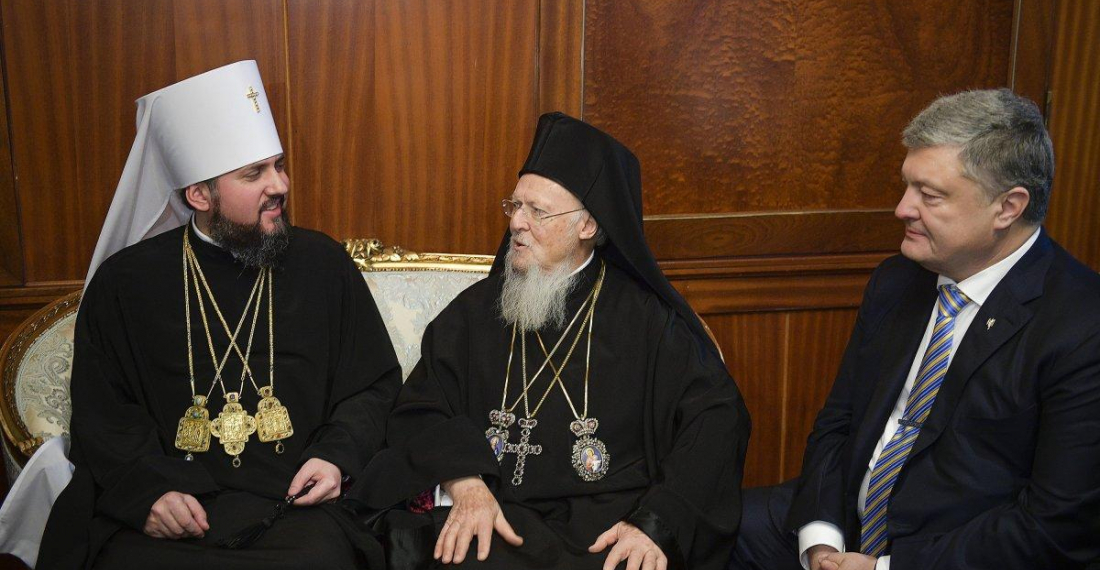In a move that will have far reaching effects for the world Christian Orthodox community, and for the politics of Eurasia. on Saturday (5 January) the Ecumenical Patriarch of Constantinople Bartholomew I signed Ukraine's tomos, a document that grants independence to Ukraine's Orthodox Church, at a ceremony in Istanbul in front of clerics and Ukrainian political leaders
The official hand over of the tomos will take place on Sunday, which is Christmas Eve according to the Christian Orthodox Calander.
The signing of the tomos officially marks the independence of the Ukrainian Church from the Russian Orthodox Church, to which it has been subordinate to for three hundred years. Ukrainians will now have one national church headed by Metropolitan Epiphanius, who was elected its head at a unification council in Kiev on 15 December.
"The pious Ukrainian people have awaited this blessed day for seven entire centuries," Bartholomew I said in his address. Ukrainians could now enjoy "the sacred gift of emancipation, independence and self-governance, becoming free from every external reliance and intervention," he added in the ceremony that took place at St. George's Cathedral, the seat of the Ecumenical Patriarchate in Istanbul.
Among those attending the ceremony of the signing of the tomos was Ukrainian president Pedro Poroshenko, Andriy Parubiy, Ukraine's speaker of parliament, and several ministers.
source: commonspace.eu with agencies
photo: The Ecumenical Patriarch of Costantinople, Bartholomew I, with the head of the new Ukrainian Orthodox Church, Ephiphanus I and the president of Ukraine, Petro Poroshenko, meeting shortly after the ceremony of the signing of the tomos granting independence to the Ukrainian Church, at a ceremony in Istanbul on 5 January 2019.






